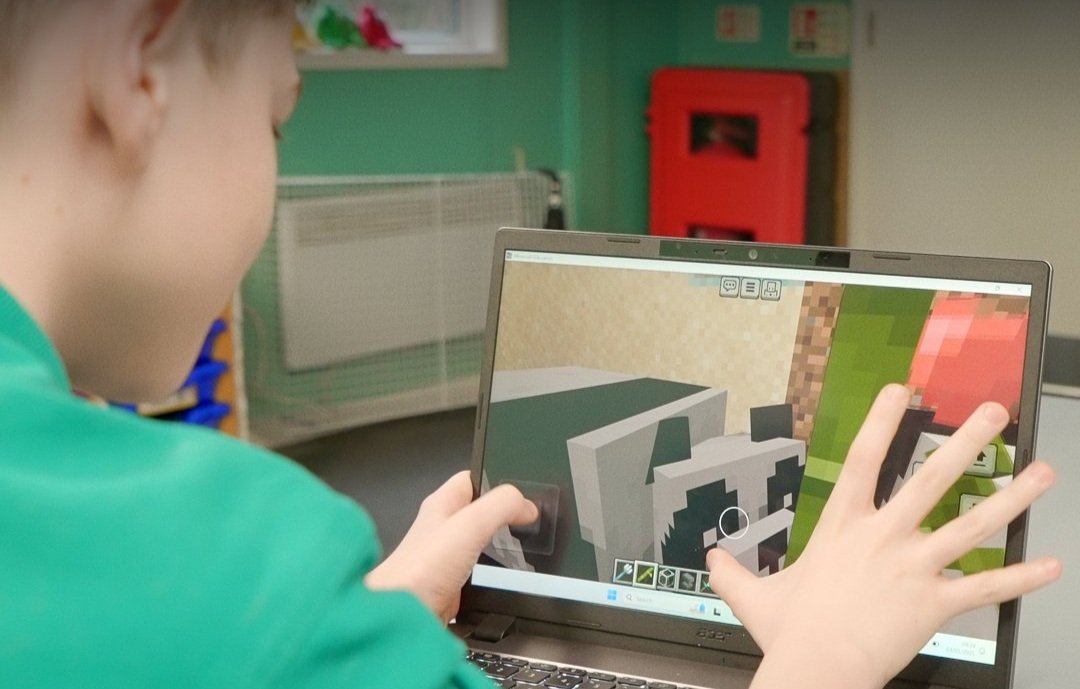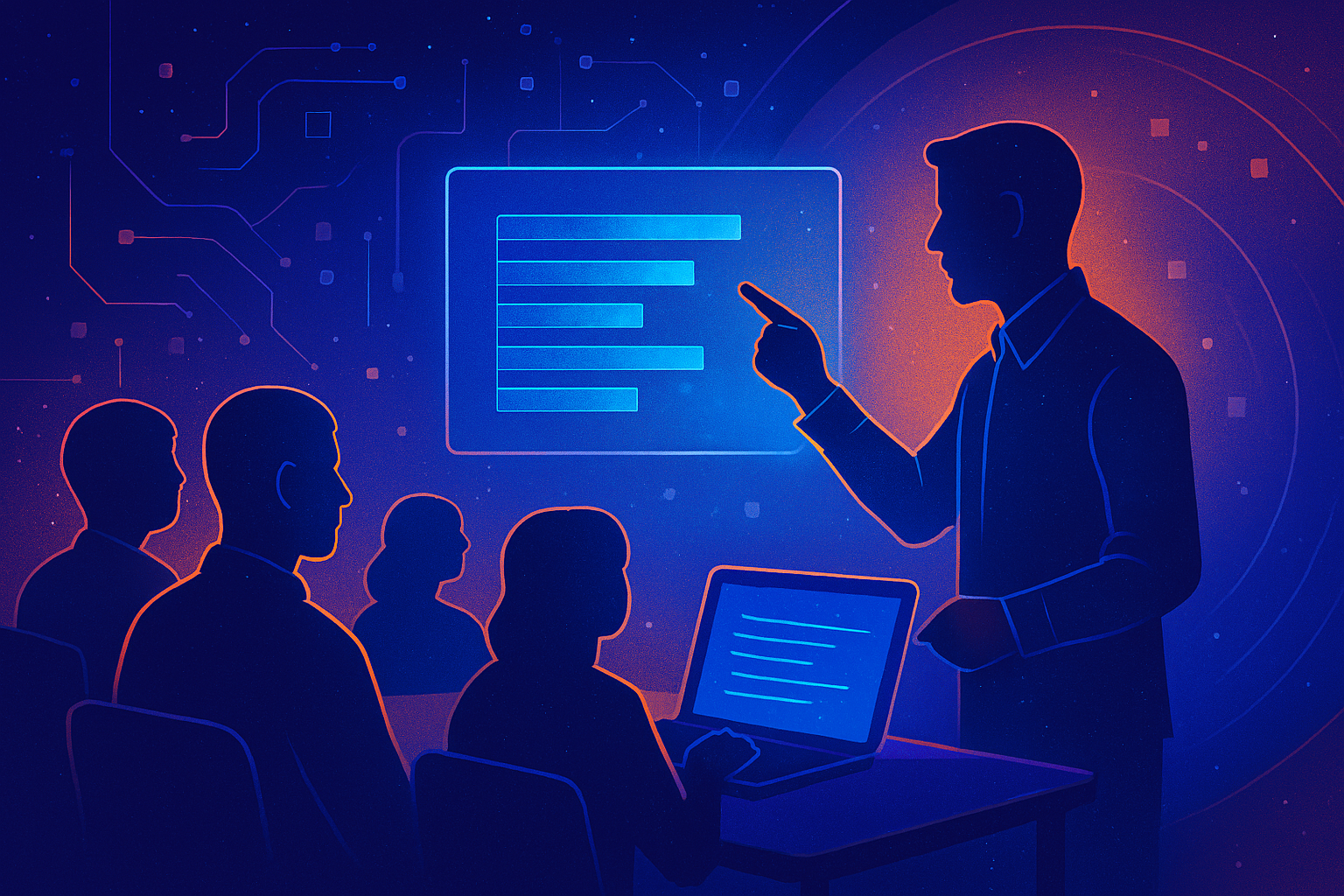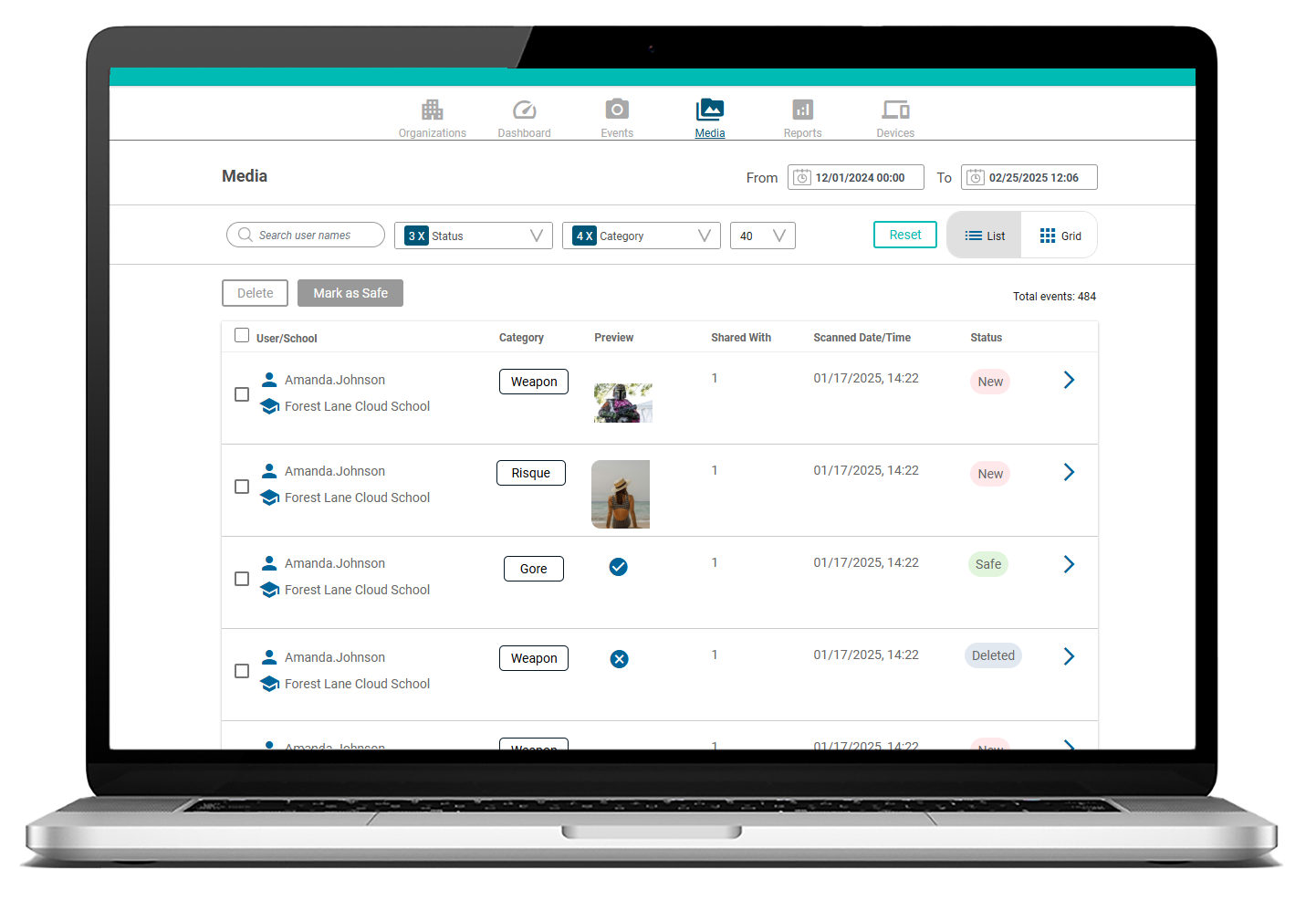Wolters Kluwer introduces AI-driven remediation for nursing exam preparation

Wolters Kluwer Health has introduced AI-driven remediation to its Lippincott Ready for NCLEX-RN platform.
The new feature creates personalized improvement plans for nursing students preparing for the Next Generation National Council Licensure Examination (NCLEX). The update integrates artificial intelligence with Lippincott’s educational content to identify areas for improvement and deliver targeted study materials.
The platform’s AI remediation analyzes student performance on the Lippincott Ready for NCLEX-RN Readiness Exam and generates individualized plans. These plans focus on addressing specific areas of weakness while avoiding redundant content. Students who achieve a score of 84% or higher on the Readiness Exam have a 99% probability of passing the NCLEX on their first attempt.
Julie Stegman, Vice President of Wolters Kluwer Health Learning & Practice, said:
“Lippincott Nursing Education has always excelled in delivering tools that help aspiring nurses build, practice, and master essential skills throughout their educational journey.
“Now, with the integration of AI, students will receive the tailored support they need to succeed in their studies and in their nursing career. This innovation also gives educators more time to focus on classroom teaching, knowing that their students are empowered to manage their own learning through trusted, proven resources.”
Benefits for educators
For nursing educators, the new feature simplifies the process of creating improvement plans, which can often be time-intensive. Educators can track student progress and assign the Readiness Exam to generate automated plans based on results.
Traci C. Henry, DNP, RN, National Director of Academic Programs at Chamberlain University, highlighted the importance of these tools in addressing changes in nursing education:
“The education environment is undergoing significant changes, prompting nurse educators to engage with students in different ways then they may have previously. Faculty members, often stretched thin, can harness AI-driven technology to streamline processes and enhance student outcomes, empowering learners to take charge of their education.
“As nursing schools continue to embrace digital innovations, the blend of human insight and technology promises a more dynamic, efficient, and responsive educational environment that graduates more practice-ready nurses.”




















